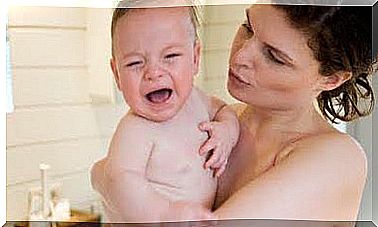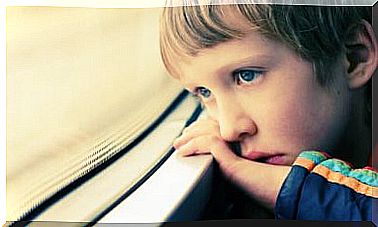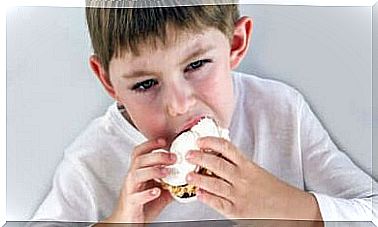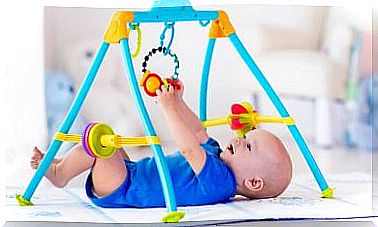Constipation In Children: What Causes It And How To Solve It
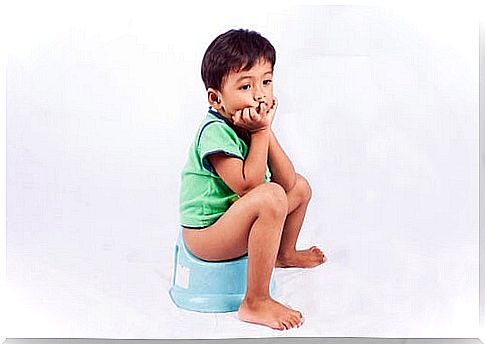
Constipation in children is a very common problem. Want to know what it is exactly? How can you treat? We will tell below the solutions to help your children in these moments.
Surely, as a mother, you’ve heard of constipation in children. During the first years of life it is very common for children to suffer from it , so you don’t have to worry.
Children who have difficulty defecating are in a situation that makes going to the bathroom painful, so they will try to avoid it, thus making the problem worse.
You can go to your pediatrician when you think your child may have constipation problems. The sooner you regain normal bowel habits, the better for your child’s health and well-being.
Causes that can favor constipation in children
Cases of constipation in children occur for several reasons such as:
- A diet low in fluid and fiber . Water is essential in children’s diets, as is fiber, which can be obtained from fruits and vegetables. Although it has not been proven that it has a direct relationship with constipation, yes, the consumption of water and fiber is recommended, as it softens bowel movements.
- Abuse of astringent foods. These foods tend to favor cases of constipation, for this reason their consumption should be moderate. Some astringent foods are bananas, rice, apples, chocolate and refined sugars that are found in candies and sweets in general.
- External factors. Children react to their surroundings with their whole body, for this reason, a traumatic family event such as a separation, or a death can lead to cases of constipation. The beginning of the school or daycare period can also be the cause of this symptomatology.
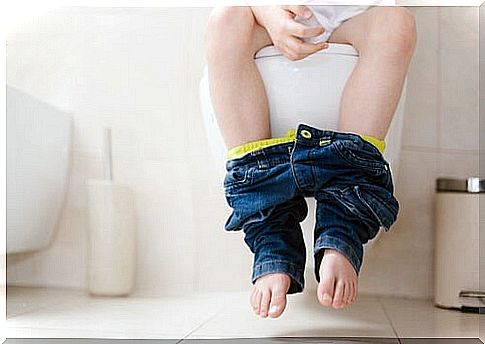
- Habit of going to the bathroom thanks. When we teach children how to relieve themselves in the potty or toilet, many parents make the mistake of forcing them to go to the bathroom. Physiological needs should not be obligatory, but voluntary and whenever the child needs them.
- Lack of organized meal times . The habit of eating out of hours, which many children are used to, is reflected in poor nutrition during the important meals of the day.
But what can be considered constipation in children?
Constipation depends a lot from child to child and also on age. According to the Spanish Association of Pediatrics, in order to be considered constipation in children around 4 years of age, at least 2 of the following criteria must be met, for 2 consecutive months:
- Less than 3 bowel movements a week.
- At least one episode of fecal incontinence per week.
- Retentive postures or attitudes to prevent defecation.
- Painful defecation.
- Large diameter stool in the rectum or palpable abdominally.
- Excessively large defecations.
When it comes to children under four years of age, the criteria are similar, although, above all, the absence of defecations or the pain of the child when trying to expel them predominates.
There are also children who do their necessities but in an incomplete way, which makes the stools increase and it becomes more and more painful to expel them.
If any of these cases coincide with what you suspect is happening to your child, see your pediatrician.
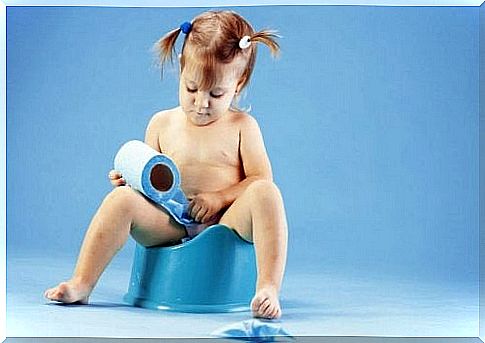
How can children’s constipation be treated?
Although your pediatrician will provide you with the best advice, below we will give you some advice that may help your child.
- Changes in food. Increase the amount of water in your diet, in place of soda or sugary juices. It is also recommended that the child eat more vegetables and fruits so that fiber intake is higher. Fruits such as kiwi fruit or plums also have laxative effects. Cook with olive oil. It favors bowel transit and is healthier.
- Sport. Physical activity favors intestinal transit and prevents sedentary lifestyles. Encourage your child to play a sport or engage in any physical activity he enjoys.
- Regular pattern of bathroom visits . When you are teaching him, sit your child in the toilet for a few minutes after meals, but without forcing him to do his bidding. Teach him not to hold back and try to go to the bathroom as often as he needs to.
And remember never to medicate your child without a proper prescription. In case of need, contact your pediatrician so that he can advise which medication is the most suitable.

